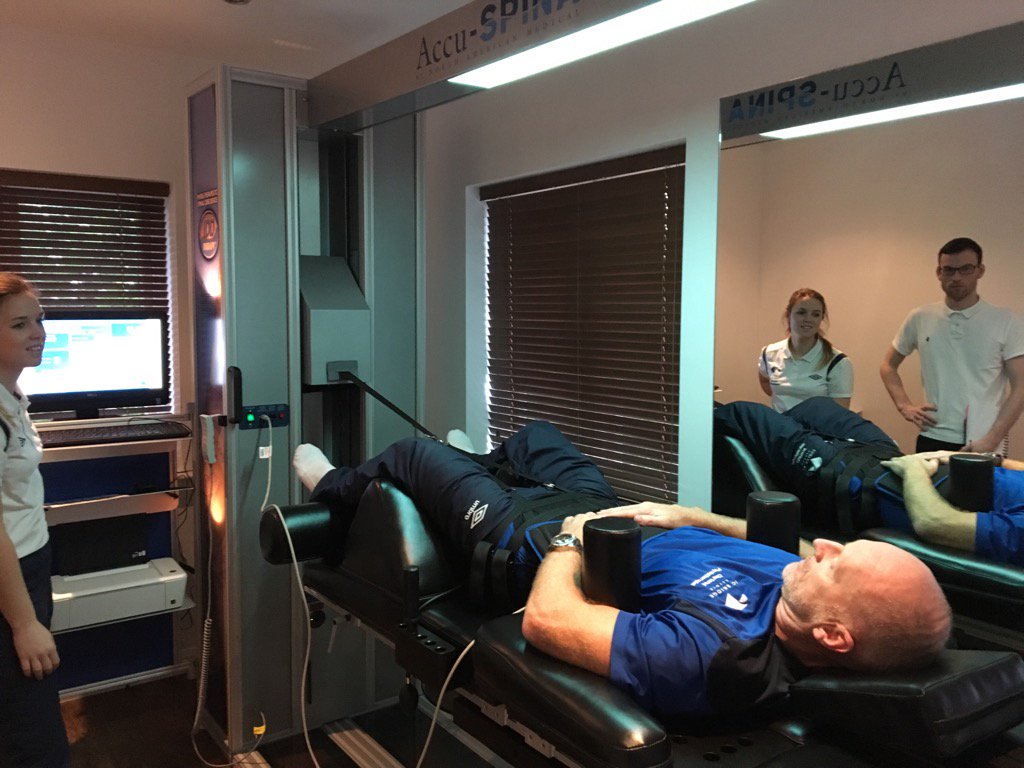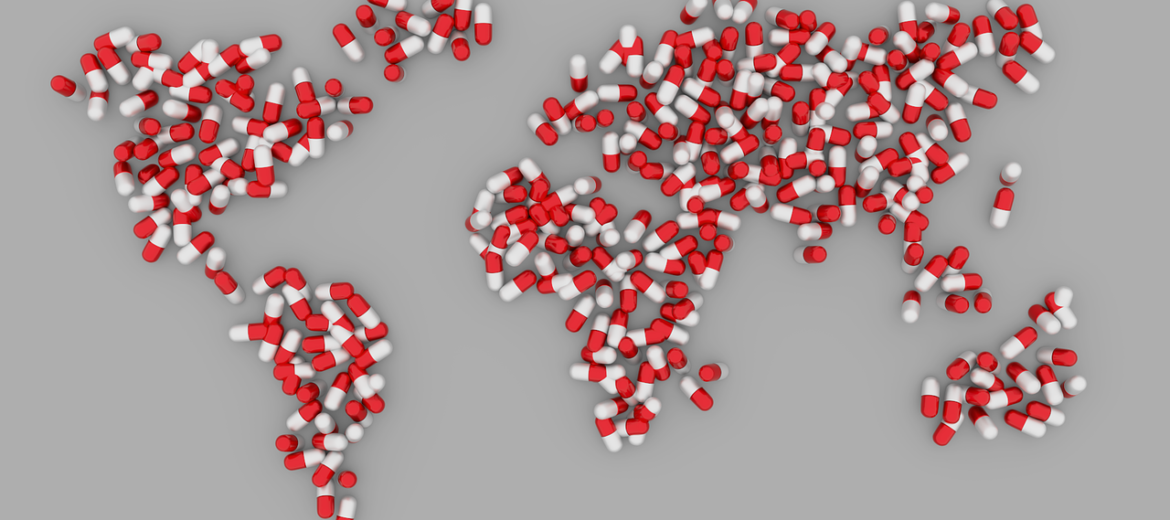The opioid crisis highlighted the dangers from over-prescribing pain medications for back pain and has raised consciousness amongst health care professionals of the need and desirability to consider alternatives.
Doctors are at the front line of spinal pain with 7% of GP consultations in the UK being for lower back pain. Most back pain can be managed holistically with medication, including NSAIDs like Ibuprofen, and physical therapy.
Yet when pain persists, what next? Return visits to GPs when physical therapy and NSAIDs are not working can see patients prescribed stronger pain medication.
This starts with more powerful medicines like naproxen and can progress upwards to opioid analgesics including codeine, tramadol and in rare cases morphine. Additionally, a range of neuropathic agents (gabapentin, amitriptyline or pregabalin) may be prescribed for nerve pain such as sciatica.
Pain medication is intended to provide short term relief whilst the body heals or to enable a patient to manage their pain. But ‘managing pain’ can mean living life with pain and that isn’t a desirable outcome goal for anyone.
Stronger pain medication is an indicator of an underlying cause not being addressed. Pain resulting from conditions including bulging or herniated discs can be addressed conservatively with a rehab programme of research-backed IDD Therapy Spinal Decompression.

IDD Therapy addresses the failings of traditional traction by decompressing and mobilising targeted spinal segments. Taking pressure off nerves and restoring function as part of a programme of care, IDD Therapy relieves GPs of the need to manage some spinal pain.
This allows patients to avoid the side effects of stronger pain medications and the risks of opioids, it addresses the underlying causes of the patients’ problem and it provides alternate solutions for primary care providers.
To open an info sheet about IDD Therapy – click here




